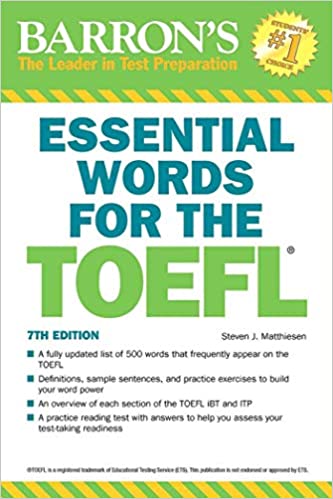The TOEFL reduces your entire English learning experience—all the classes, hours spent making lists and correcting essays, and afternoons spent surfing the net for tips for college applicants—to one number. It’s an important number, but you can’t let it take over your life.
As with a significant other, you have to pay attention to the numbers while still giving adequate time to yourself and your other commitments. If you’re googling scales to help you better estimate your score every time you finish a practice section, maybe it’s time to take a little breather. Your score is important, but at the end of the day, it’s an indicator of your abilities, not a goal in itself. This post will focus on the advantages of taking a break from score-tracking.
Your TOEFL relationship should feel like this:

Photo by tmarsee530
Not like this:

Photo by loveisrespect.org
Free up your time
First of all, think of all the time you waste looking at the numbers. Scoring a practice reading or listening section takes time; having a tutor rate your speaking or writing takes more time, and also will probably cost you money. Imagine if you instead used that time and money to learn rather than to assess—you could get so much more done!
Less demoralizing
On a large scale, the TOEFL is a good measure of your preparedness for the demands of college-level academic work. On a smaller scale, though, your overall score may not reflect the progress you’re making; since the test covers such a broad range of possible topics, you have to do a lot of work to see a little improvement (for example, of the 20 new words you learned this week, maybe only 1 or 2 of them will be on the test). Stepping away from your score and setting smaller, more personalized goals for yourself will help you to stay motivated by showing you how much you’ve accomplished, rather than focusing on how far you still have to go.
More freedom in choosing your materials
Getting a reasonably accurate estimation of your listening score requires you to seek out authentic TOEFL listening exercises. This limits you in the content, speed, and style of your input, which is fine for test prep but actually not great for your overall language competence. If you diversify your resources, you’ll develop the same skills you would through your TOEFL practice recordings, but you’ll also build flexibility by learning to understand different kinds of speakers and speaking speeds. Plus, listening to authentic practice is great exercise in using context clues to figure out unknown words or fill in the blanks when you miss a line. And you can choose material that’s interesting and makes you think, which will make your study sessions more fun!
Photo Credit: Timothy Marsee and Nicolas Fuentes






Leave a Reply